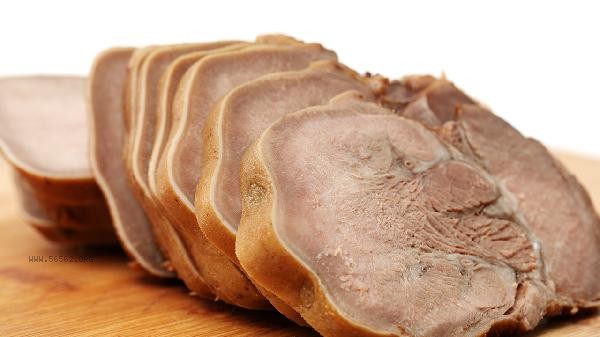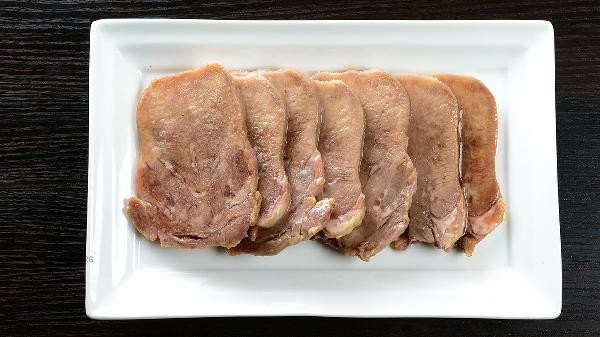Pork without bloodletting is usually not recommended for consumption as it may pose health risks. Incomplete bloodletting of pork may lead to deterioration of meat quality, bacterial growth, parasitic residue, and other issues. Bleeding during the slaughter process is a crucial step in meat processing, which can effectively eliminate residual blood from the animal's body. Blood is rich in protein and water, and insufficiently discharged blood can become a breeding ground for bacteria. Untreated pork is more prone to spoilage and deterioration during storage, and will produce a noticeable fishy smell and rough texture when cooked. This type of pork may carry pathogenic microorganisms such as Salmonella, which may cause gastrointestinal discomfort after consumption. In some special cases, some traditional cooking methods may use a small amount of pork that has not been completely bled. This type of practice usually requires long-term high-temperature treatment and strict requirements for the source of raw materials. However, even so, there are still certain food safety hazards that are not recommended for ordinary consumers to try.

When selecting pork, attention should be paid to observing the color of the meat. Normal bleeding pork appears light red or pink, with a dry and glossy surface. If the color of the pork is dark red, the surface is moist, or there is an abnormal odor, it may be a manifestation of insufficient bleeding. It is recommended to purchase pork that has undergone inspection and quarantine through formal channels, thoroughly clean it before cooking, and ensure thorough heating. For special physical populations such as pregnant women, children, the elderly, and those with low immunity, it is even more important to avoid consuming meat from unknown sources.











Comments (0)
Leave a Comment
No comments yet
Be the first to share your thoughts!